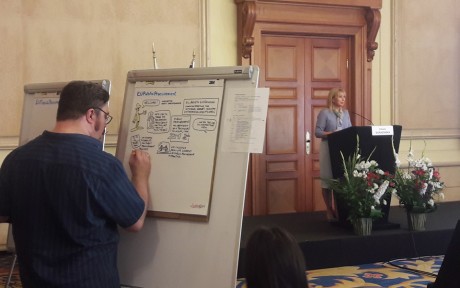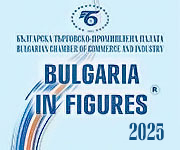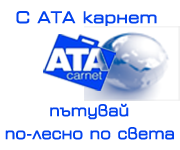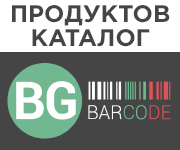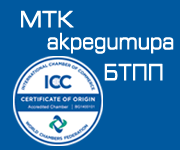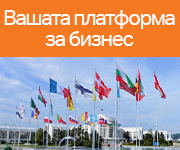Public Procurement Conference with the participation of EU Commissioner for Internal Market Elżbieta Bieńkowska
On 15 June 2018, a conference on theme "Improving Access to Public Procurement" was held in Sofia. It was opened by EU Commissioner for Internal Market, Industry, Entrepreneurship and SMEs Elżbieta Bieńkowska and Bulgarian Deputy Prime Minister Tomislav Donchev.
The event was attended by representatives of the European institutions, the national administrations of the EU member-states, NGOs, representatives of the academic circles, and lawyers. The President of BCCI Tsvetan Simeonov also took part in the conference.
“Public procurement is a powerful tool on which the businesses of many people depend. Many of the contracting authorities, not only in Bulgaria, but also in the EU, place priority on the candidates who offer the lowest price. It must be clear that Community rules do not oblige anyone to choose the price over quality," said EU Commissioner Bieńkowska to the participants in the conference. She said that a broad public awareness campaign on public procurement is being conducted. An online platform for exchange of best practices across the EU is also being developed. In the future, more emphasis will be placed on innovation as well.
Deputy Prime Minister Tomislav Donchev noted that public procurement is not a small administrative detail but a means of conducting policies. Although public procurements awarded per year are below 10% of GDP, there is a large number of contracts, companies and people involved – therefore, this is a policy that reaches many people.
He drew attention to the motto for the future of the Cohesion Policy – "Doing more with less", noting that the ultimate goal is to fill this concept with content. In his words, public procurements are the fine mechanisms that could help fill the content of this concept.
“The priority for the Cabinet is to launch e-Procurement within one year. This will solve many of the problems we have”, Tomislav Donchev added.
According to the results of a survey held by BCCI in March 2018, entirely electronic public procurements will be one of the main instruments to reduce the "harmful habits" in them. Businesses drew attention to the major issues that deter them from participating in public procurement. The main obstacles for the business are corruption, administrative hurdles, unreasonably high requirements, and ambiguities in the Public Procurement Act. That is why BCCI has been insisting to increase the level of digitalization of public procurement and does not consider it appropriate to promote those procurement methods which enable a subjective assessment precisely on the basis of the of the price/quality ratio, thus opening the door to corrupt practices. As far as each procurement is aware of the cost limits for achieving the specific objective, it is always possible to objectively seek the best quality.

 1 USD =
1 USD =  1 GBP =
1 GBP =  1 CHF =
1 CHF =  ISO 9001:2015
ISO 9001:2015